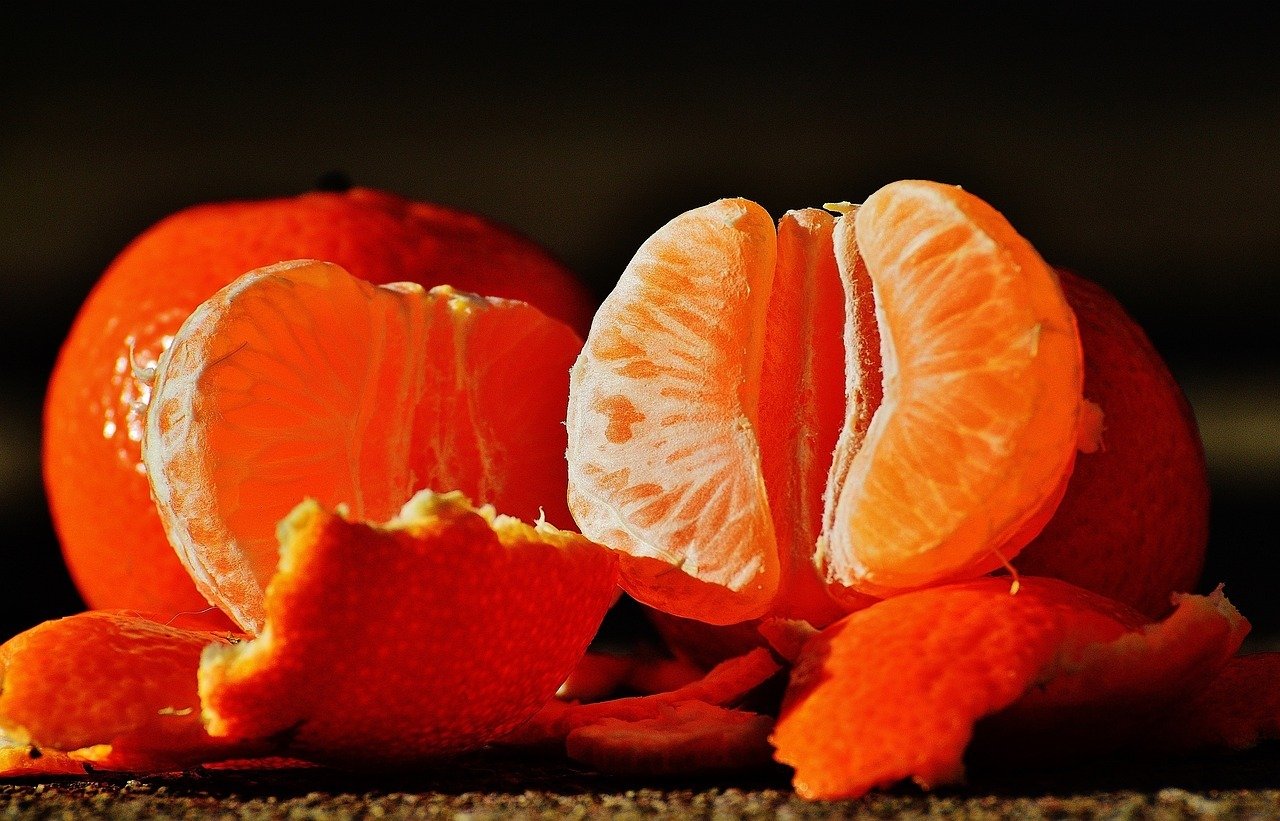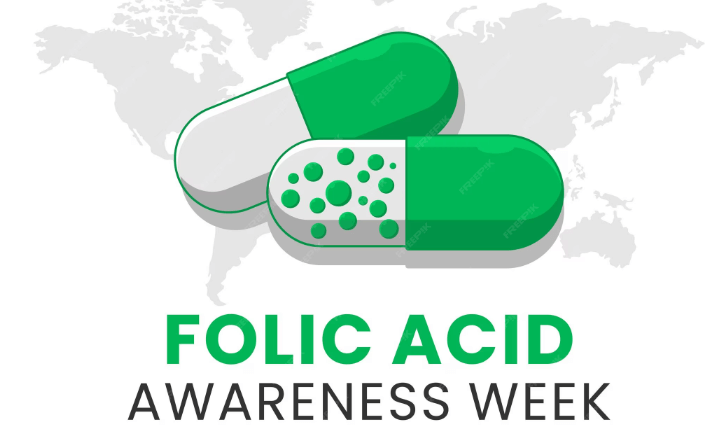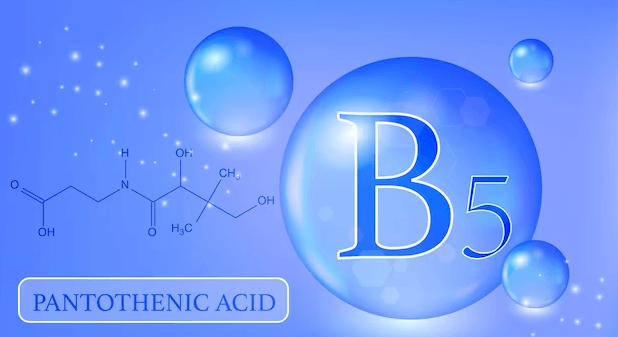The Link Between Vitamin C and Collagen Production

Table of Contents
- The Importance of Collagen Production
- Benefits of Vitamin C
- Role of Vitamin C in Collagen Synthesis
- Studies Supporting the Link
- Boosting Collagen Levels Naturally
The Importance of Collagen Production
Collagen is a vital protein in our bodies that plays a significant role in maintaining healthy skin, joints, and connective tissues. It provides structure and elasticity, giving our skin a youthful and plump appearance. However, as we age, collagen production naturally decreases, leading to the visible signs of aging, such as wrinkles, sagging skin, and joint pain. To counteract this decline, it is crucial to promote collagen production, and one essential ingredient in this process is vitamin C.
Vitamin C, also known as ascorbic acid, is a powerful antioxidant that is vital for collagen synthesis. Our bodies need this vitamin to create proline and lysine, two amino acids that are crucial for collagen production. Additionally, vitamin C supports the enzymes responsible for stabilizing and maturing collagen molecules, ensuring their proper formation and functionality.
The link between vitamin C and collagen production becomes even more important when considering the impact of environmental factors on our skin. Exposure to harmful UV radiation, pollution, and smoking can degrade collagen fibers in our skin and accelerate the aging process. By boosting our vitamin C intake, we can help counteract these effects and promote collagen synthesis to maintain healthier, youthful-looking skin.
Not only does vitamin C play a vital role in collagen production for skin health, but it also supports joint health. Collagen acts as a cushion between bones, providing flexibility and preventing joint deterioration. By enhancing collagen production, vitamin C can alleviate joint pain, stiffness, and improve overall mobility.
There are several ways to ensure adequate vitamin C intake, such as consuming vitamin C-rich foods like oranges, strawberries, kiwis, and bell peppers. Additionally, dietary supplements that contain vitamin C can be a convenient option for meeting our daily requirements.
To summarize:
- Collagen is essential for maintaining healthy skin, joints, and connective tissues.
- Vitamin C is crucial for collagen synthesis, as it provides the necessary amino acids and supports collagen maturation.
- Environmental factors can deplete collagen, making it even more important to boost vitamin C intake.
- Vitamin C promotes healthier, youthful-looking skin and improves joint health.
- Foods rich in vitamin C and dietary supplements are effective ways to ensure an adequate intake.
By understanding the link between vitamin C and collagen production, we can take proactive steps to maintain healthier skin, delay the signs of aging, and support our overall well-being.
Benefits of Vitamin C
Vitamin C is a powerful antioxidant that plays a vital role in various bodily functions. One of its key benefits lies in its ability to promote collagen production, which is essential for maintaining healthy skin, joints, and blood vessels. Let’s explore the numerous benefits that Vitamin C brings:
- Enhances Collagen Synthesis: Collagen is the most abundant protein in our bodies and acts as a building block for the connective tissues, skin, and bones. Vitamin C stimulates the production of collagen, which helps support wound healing, skin elasticity, and overall tissue structure.
- Boosts Immunity: As an antioxidant, Vitamin C helps protect our cells from damage caused by free radicals. It strengthens the immune system, reducing the severity and duration of colds and other infections.
- Supports Heart Health: Vitamin C has been linked to a reduced risk of heart disease and stroke. It helps prevent the oxidation of LDL cholesterol, thereby promoting a healthy cardiovascular system.
- Protects against Age-related Vision Loss: Studies suggest that Vitamin C intake may lower the risk of developing cataracts and age-related macular degeneration, two common eye conditions that can lead to vision impairment.
- Acts as a Natural Antihistamine: Vitamin C exhibits antihistamine properties, which can help reduce allergy symptoms by reducing histamine levels in the body.
- Aids Iron Absorption: Consuming foods rich in Vitamin C alongside iron-rich foods enhances the body’s absorption of iron. This is particularly beneficial for individuals at risk of iron deficiency or anemia.
It’s worth noting that while Vitamin C is widely available in fruits and vegetables, some individuals may require additional supplementation, especially those with limited dietary intake or certain medical conditions. Consulting with a healthcare professional is recommended to determine the appropriate intake based on individual needs.
With its many benefits, including its crucial role in collagen production, Vitamin C is a nutrient that should not be overlooked. By incorporating foods high in Vitamin C or considering supplements as needed, individuals can reap the rewards of this essential vitamin.
Role of Vitamin C in Collagen Synthesis
Vitamin C, also known as ascorbic acid, is a crucial nutrient that plays a vital role in collagen synthesis within the human body. Collagen is the most abundant protein in our bodies and provides structure and strength to our skin, bones, tendons, and other connective tissues. Vitamin C is essential for the production and maintenance of collagen, and without it, the process of collagen synthesis is disrupted.
Here are the key roles of Vitamin C in collagen synthesis:
- Promoting Enzyme Activity: Vitamin C acts as a cofactor for certain enzymes, including prolyl and lysyl hydroxylases. These enzymes are responsible for modifying collagen protein chains by introducing hydroxyl groups into specific amino acids. This modification is crucial for collagen stability and functionality.
- Enhancing Gene Expression: Vitamin C stimulates the expression of collagen genes, ensuring an adequate supply of collagen precursor molecules (procollagen) that are further processed to form collagen fibers. This increased gene expression supports the overall production of collagen.
- Antioxidant Properties: As an antioxidant, Vitamin C protects collagen from oxidative damage caused by free radicals and environmental factors such as pollution and UV radiation. By neutralizing free radicals, Vitamin C helps maintain collagen integrity and prevents premature aging and tissue damage.
- Aiding Collagen Formation: Vitamin C is directly involved in the enzymatic reactions that link collagen protein chains together, forming a stable triple-helix structure. This helical structure is crucial for collagen’s strength and elasticity, enabling it to provide support and flexibility to various tissues.
- Regenerating Coenzyme Vitamin E: Vitamin C regenerates vitamin E, another important antioxidant. Vitamin E further protects collagen from oxidative damage, creating a synergistic effect with Vitamin C in preserving collagen integrity.
Deficiency of Vitamin C can lead to weakened collagen synthesis, resulting in various health issues such as poor wound healing, joint pain, gum bleeding, and even scurvy. Incorporating Vitamin C-rich foods, such as citrus fruits, strawberries, bell peppers, and broccoli, into your diet can help ensure optimal collagen production and maintain healthy connective tissues.
In conclusion, Vitamin C plays a critical role in collagen synthesis through enzyme activation, gene expression, antioxidant properties, aiding collagen formation, and regenerating coenzyme vitamin E. Its essential functions are fundamental for maintaining the integrity and strength of various tissues, making Vitamin C a vital nutrient for overall wellness.
Studies Supporting the Link
There are numerous studies that support the link between vitamin C and collagen production. Below are some key findings:
- Study 1: A study published in the Journal of Investigative Dermatology found that vitamin C is essential for collagen synthesis. The researchers observed that individuals with vitamin C deficiency had impaired collagen production, resulting in various skin issues such as wrinkles and sagging.
- Study 2: Another study conducted by the University of Otago in New Zealand showed that vitamin C supplementation increased collagen production in human skin cells. The researchers evaluated the effects of topical vitamin C on fibroblasts, the cells responsible for collagen synthesis. The results indicated a significant boost in collagen synthesis after regular vitamin C application.
- Study 3: A clinical trial published in the Journal of Cosmetic Dermatology explored the effects of oral vitamin C supplementation on skin health. The study participants who took vitamin C supplements experienced improved skin elasticity, reduced wrinkles, and enhanced collagen production compared to the placebo group.
- Study 4: Research published in the Archives of Dermatological Research investigated the impact of dietary vitamin C intake on collagen synthesis. The findings demonstrated a positive correlation between vitamin C intake and collagen production. Individuals with higher vitamin C levels in their diets exhibited enhanced collagen synthesis, leading to improved skin health.
Based on these studies, it is evident that vitamin C plays a crucial role in collagen production. Including vitamin C-rich foods in your diet or using vitamin C-based skincare products may help support healthy collagen levels and promote youthful-looking skin.
Boosting Collagen Levels Naturally
The Link Between Vitamin C and Collagen Production
Collagen is an essential protein that provides structure and support to our skin, bones, tendons, and ligaments. It plays a crucial role in maintaining the elasticity and firmness of our skin, preventing wrinkles and sagging. As we age, our collagen levels naturally decline, leading to visible signs of aging.
One effective way to boost collagen production naturally is by incorporating Vitamin C into your daily routine. Vitamin C is a powerful antioxidant that assists in the synthesis of collagen, promoting a healthy and youthful complexion.
Here are some key points to consider:
- 1. Citrus fruits: Oranges, lemons, grapefruits, and other citrus fruits are excellent sources of Vitamin C. Consuming these fruits regularly can provide your body with the necessary nutrients to stimulate collagen production. Additionally, you can try drinking fresh fruit juices or incorporating citrus segments into your salads for a refreshing and collagen-boosting snack.
- 2. Dark leafy greens: Spinach, kale, and other dark leafy greens contain high levels of Vitamin C, along with other beneficial antioxidants. These powerhouse vegetables not only contribute to collagen production but also promote overall skin health and radiance.
- 3. Bell peppers: Bell peppers, especially the red and yellow varieties, are rich in Vitamin C. Including these vibrant vegetables in your diet can safeguard against collagen breakdown and maintain a youthful appearance.
- 4. Berries: Strawberries, blueberries, raspberries, and blackberries are not only rich in antioxidants but also a great source of Vitamin C. These delicious fruits can help boost collagen production while satisfying your sweet tooth.
- 5. Supplements: If it’s challenging to incorporate enough Vitamin C into your diet, consider taking supplements. Vitamin C supplements are readily available and can help bridge the nutrient gap.
Remember, consistency is key when it comes to boosting collagen levels naturally. Incorporating Vitamin C-rich foods into your meals and snacks, along with supplements if necessary, can have a significant impact on collagen production. By taking care of your skin from within, you can maintain a youthful and vibrant complexion.


























